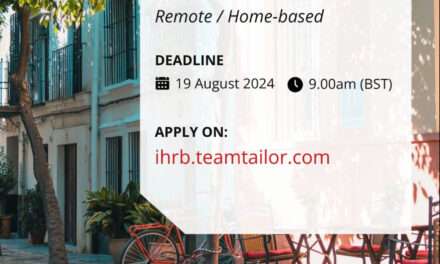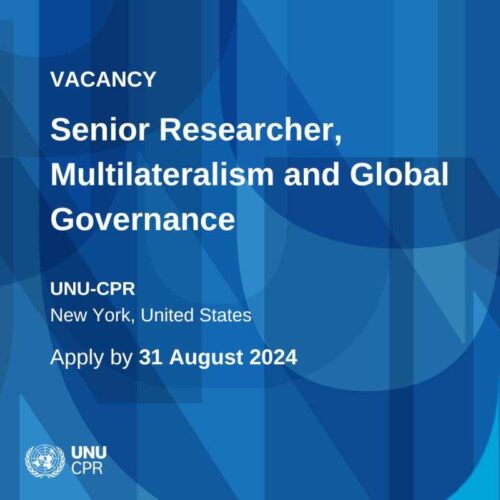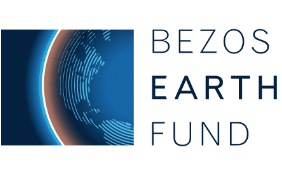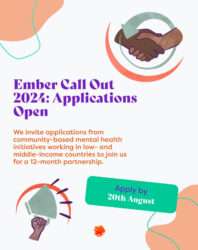Become a SAMHSA PAID Grant Reviewer: Your Path to Impacting Mental Health

SAMHSA’s commitment to enhancing Behavioral Health extends beyond direct service provision. They rely on dedicated grant peer reviewers to evaluate applications for discretionary grants, ensuring that vital resources reach the organizations that need them most. If you have a passion for advancing Behavioral Health and the necessary qualifications, this article will guide you on how to become a SAMHSA Grant Reviewer.
Peer Reviewer Experience and Background
SAMHSA selects peer reviewers based on their knowledge, skills, and expertise. Reviewers should ideally possess the following skills and experience:
- Related Program Experience and Education: An in-depth understanding of the program’s focus area and relevant education is essential.
- Effective Grant Application Analysis: The ability to assess grant applications against specific criteria.
- Clear Evaluation in Writing: Expressing evaluations clearly in writing is crucial to ensure the quality of the review process.
- Interest in Advancing Behavioral Health Knowledge: A genuine interest in contributing to the advancement of knowledge in the field of Behavioral Health.
Preferred Backgrounds
SAMHSA values potential peer reviewers with knowledge and backgrounds in various domains:
- Mental Health Services: Those with expertise in community-based systems of care and services for adults with serious mental illnesses and children with serious emotional disturbances.
- Substance Abuse Prevention: Experts or individuals with experience in activities aimed at discouraging substance use disorder and behaviors that increase the risk of substance use disorder.
- Substance Abuse Treatment: Those knowledgeable about evidence-based, effective substance use disorder treatment services, programs, and activities.
Time Commitment and Compensation
Peer reviewers play a pivotal role during the grant review season, which typically runs from January to July annually. Time commitments will vary depending on the grants under review and the number of assigned applications, but the peer review process typically allows about two weeks for the review of assigned applications. All reviews are coordinated through email, phone, and an online review system.
Before participating in the review process, new reviewers will be required to complete an online reviewer training.
Reviewers will receive compensation of $140 per application reviewed and returned to SAMHSA within the specified timeline for each program.
Peer Reviewer Requirements
Prospective peer reviewers should meet the following requirements:
- Written and Oral Comments: Reviewers should be willing and able to provide written and oral comments based on their professional knowledge.
- Expertise: They must be experts in the subject area to be reviewed.
- Collaborative Skills: Reviewers should be able to actively engage with other reviewers, listen attentively to their input, and work together to synthesize comments, especially when resolving discrepancies in scoring.
- Ethical Standards: Potential peer reviewers must maintain the highest level of ethical standards, ethically reviewing proprietary information, maintaining confidentiality, and avoiding any conflict of interest.
How to Apply
Prospective peer reviewers should follow these steps to initiate their application:
- Visit the main grants page to learn about current Notice of Funding Opportunity Announcements (NOFOs) and understand the topic areas.
- If you have specific, documented experience in these areas, it greatly increases your chances of being selected as a peer reviewer.
Application Form
To be considered as a peer grant reviewer, submit the following documents to Reviewer@samhsa.hhs.gov:
- Complete the Reviewer Contact Information form (PDF | 349 KB).
- A current copy of your resume.
By becoming a SAMHSA Grant Reviewer, you can directly impact the distribution of grants to organizations committed to enhancing Behavioral Health. Your expertise and commitment can help shape a brighter future in this critical field.






















